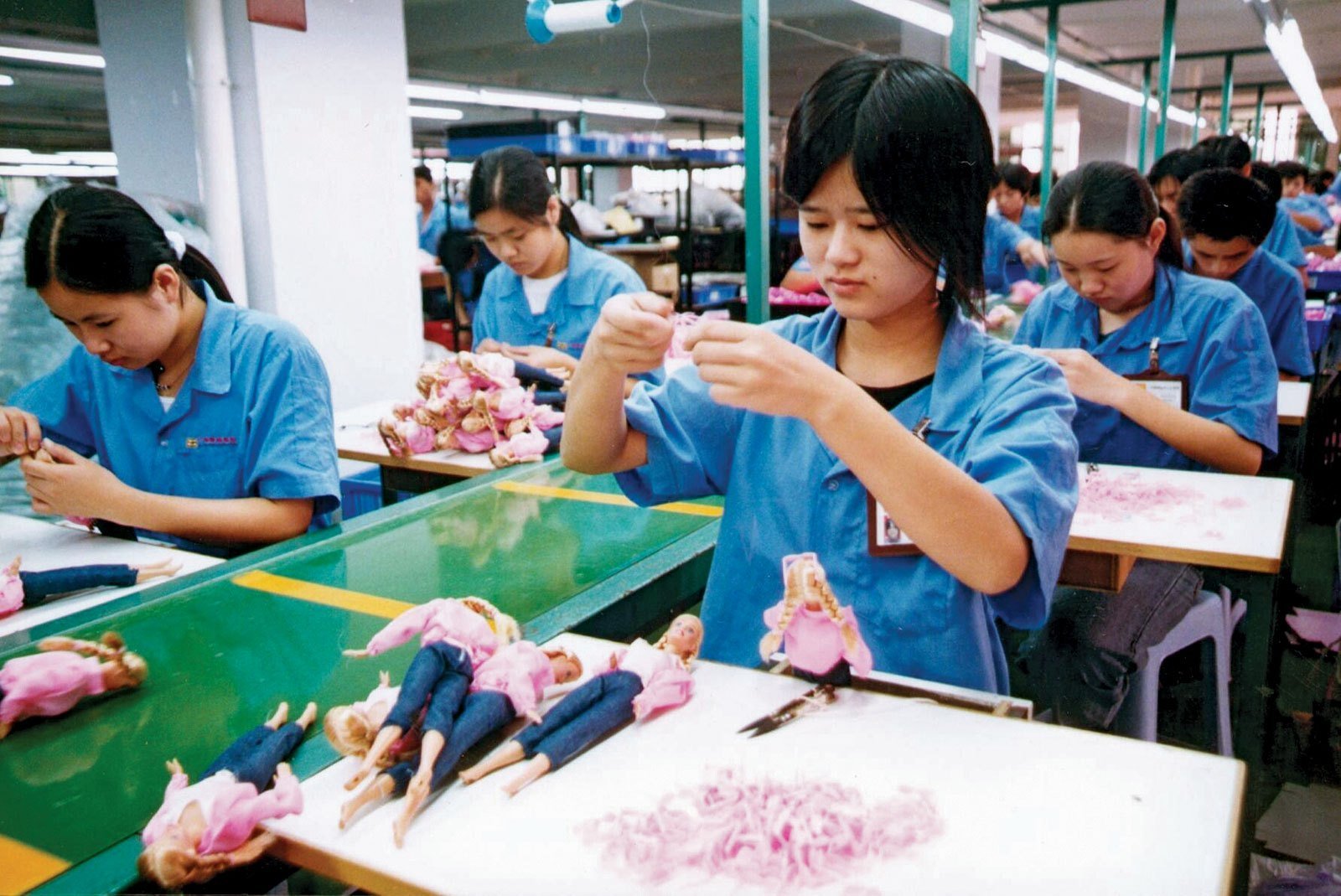
I don’t understand why a “trade deficit” is a problem. So long as mutual interests and consensual behavior are involved in any economic activity, what’s the issue? By what right does the government become involved in preventing people from trading as their interests and private property rights dictate?
Of course, my questions are based on the premise of free people trading with one another. No economy on earth is free today. All are weighed down by massive taxation, incomprehensible regulation and social engineering of all kinds. As a result, economic growth and innovation — while still remarkably vibrant — are not nearly as vibrant as they might and ought to be.
Consequently, it’s more difficult to predict the precise effects of tariffs levied by President Trump than it would be if we were living in a world of free nations. Trump’s gripes against unfair trade deals make sense on some level. These deals were negotiated by socialists, not for the benefit of free trade but for the benefit of socialism and socialism’s cronies both in America and abroad. They were negotiated by democratic socialists in Europe and Canada, along with American “Democrats” who largely detest America and who don’t want America to win in economics or war. A rational, America-loving and freedom-loving person has to root for President Trump’s attitude even while disagreeing with the idea that government intervention in the marketplace is ever a good thing.
I see no problem with a “trade deficit”. A trade deficit means we bring in more products than we send out. So what? There’s nothing intrinsically superior about products coming in or coming out. All that matters is that people are free of coercion, free of theft, and able to continuously grow and prosper. If one country has more exports while the other has more imports, there must be valid, rational and self-interested reasons for this being the case. The only reason for government to step in and say, “Hey, let’s stop China from dumping cheap goods on the U.S.” would be to provide unearned advantages to those in the U.S. who want to dump and impose more expensive goods on American consumers than they otherwise could have obtained. How American is that? And how will that enable our economy to grow?
The answer isn’t to impose more restraints on the ability of U.S. consumers to purchase cheaper goods. The answer is to liberalize the economy in the U.S. When I say liberalize, I mean really liberalize — not like Republicans propose (and rarely mean), but more like the libertarians propose. If you want more jobs in America, don’t prevent American consumers from buying cheaper goods. Instead, make the economy in the U.S. way less regulated, and way less taxed, so that there can be even more economic growth than the 3-4 percent per year we currently enjoy. I applaud what President Trump has done with regard to regulation and tax cuts. But we need much, much, much more, and I wish he’d focus his efforts on getting government off the backs of the people rather than imposing more controls.
If you want to beat China, don’t take on the state-run government intervention tactics China’s government imposes on its own hard-working and resourceful people. Make our people more free. It’s the only thing that’s right, and the only thing that can ever be expected to work.
Freedom works every time it’s tried. And it will always crush the competition. President Trump, discover the winning theory and practice of laissez-faire capitalism.
Follow Dr. Hurd on Facebook. Search under “Michael Hurd” (Rehoboth Beach DE). Get up-to-the-minute postings, recommended articles and links, and engage in back-and-forth discussion with Dr. Hurd on topics of interest. Also follow Dr. Hurd on Twitter at @MichaelJHurd1
